Can Goats Eat Rose of Sharon? You Need to Know
Yes, but goats should avoid eating Rose of Sharon due to potential risks from its plant components that could be harmful to them.
The Rose of Sharon, scientifically known as Hibiscus syriacus, has graced gardens with its vibrant blooms and intricate foliage. But the big question that’s been itching your mind is, can goats partake in the feast of this botanical beauty? Let’s dive right into it and uncover the truth!
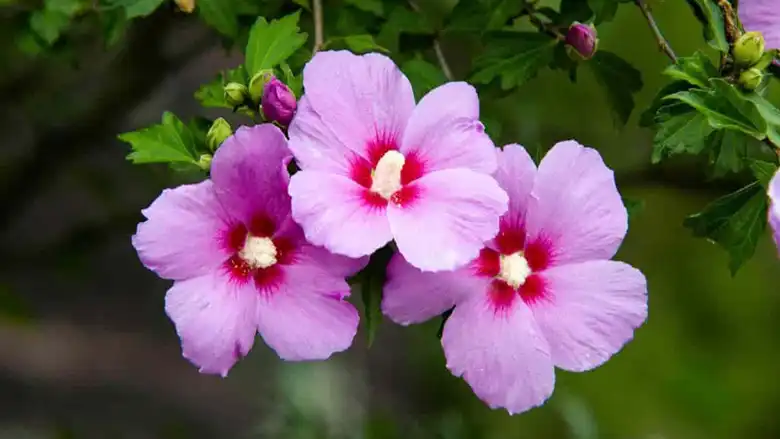
Understanding Rose of Sharon and Its Nutritional Content
Curiosity blooms as we embark on a journey to uncover the intricate tapestry of the Rose of Sharon plant (Hibiscus syriacus) and its captivating nutritional secrets.
Let’s delve into the heart of this botanical wonder, exploring its essence, the nutrients it holds, and the potential implications for our esteemed caprine companions.
Description of Rose of Sharon Plant (Hibiscus syriacus)
Imagine a garden painted with hues that range from delicate whites to vibrant magentas, all orchestrated by the Rose of Sharon. This plant, scientifically known as Hibiscus syriacus, stands tall with its trumpet-like blossoms, evoking a sense of enchantment in the landscape.
Nutritional Components of the Plant
Beyond its aesthetic allure, the Rose of Sharon harbors a treasury of nutritional elements, a symphony of compounds that beckons us to explore further. From dietary fibers that support digestion to an array of vitamins and minerals that contribute to vitality, this plant weaves its nutritional narrative in shades of health and wellness.
Potential Benefits and Risks for Goats
As the gatekeepers of goat well-being, we stand at the crossroads of potential benefits and inherent risks. The Rose of Sharon’s nutritional palette tantalizes us, but it’s imperative to tread cautiously. While the plant offers an intriguing array of nutrients that could enrich goats’ diets, there’s a flip side.
Like any story, this one carries its share of cautionary chapters, revealing elements that might pose risks to our caprine companions’ health.
Do Goats’ Dietary Habits Include Rose of Sharon?
General Diet of Goats
Goats, those delightful and sometimes mischievous creatures, are known for their eclectic eating habits. They are natural browsers, often venturing to sample a variety of flora within their reach. This browsing behavior stems from their instinctual need for diversity in their diet.
Plants That Are Safe and Unsafe for Goats
As we mull over the question of whether goats can feast on Rose of Sharon, it’s essential to acknowledge the broader spectrum of plant consumption. Goats have their culinary preferences, but not all that is green is a gastronomic delight for them.
Rose of Sharon Toxicity
Identification of Toxic Compounds, if any, in Rose of Sharon
Before we embrace the idea of Rose of Sharon as a potential goat treat, a cautionary note beckons our attention. Every plant, even those of entrancing beauty, can harbor elements that might pose harm to unsuspecting consumers.
We’ll unveil any toxic constituents lurking within the Rose of Sharon and assess their implications for our caprine companions.
Potential Harmful Effects of Consuming Rose of Sharon
Should a goat partake in the offerings of the Rose of Sharon, what could transpire within their delicate systems? The allure of the plant’s flowers might hold risks that warrant serious consideration.
Clinical Signs of Plant Toxicity in Goats
The body has its language, and goats are no exception. Signs of discomfort, distress, or adverse reactions speak volumes if we are attentive enough to decipher them.
Factors Influencing Goats’ Consumption of Rose of Sharon
When it comes to the intriguing question of whether goats can indulge in the colorful allure of Rose of Sharon, a variety of factors come into play. These factors dance together in a choreography that determines whether our caprine companions will take a nibble or graciously decline.
Hunger and Availability of Other Forage
Imagine the belly of a goat as a compass pointing towards a meadow of possibilities. When their hunger pangs strike, goats are resourceful grazers, seeking sustenance wherever it’s available. The availability of alternative forage sources can sway their decision to explore the petals of Rose of Sharon or opt for more familiar foliage.
Palatability of Rose of Sharon
Just as we humans gravitate towards a sumptuous meal, goats have their preferences too. The palatability of a plant, its taste, texture, and aroma, can either be a siren’s call or a gentle dissuasion.
The Rose of Sharon, with its captivating blooms, might beckon some goats, while others might be content with their established favorites.
Natural Browsing Tendencies of Goats
Browsing is in the DNA of our four-legged friends. Goats possess an ancestral knack for exploring a buffet of plants in their environment. Their inclination to graze on a diverse array of flora stems from centuries of survival wisdom, which can affect whether Rose of Sharon makes it onto their menu.
What to Do If Goats Consume Rose of Sharon
Imagine your curious and ever-hungry goats wandering the pasture, encountering the vibrant allure of the Rose of Sharon. While this flowering beauty might catch their interest, it’s vital to be prepared for potential situations.
Whether due to their inquisitiveness or an accidental nibble, knowing how to react if your goats consume Rose of Sharon is essential for their well-being.
Immediate Actions to Take if Ingestion Is Suspected
Isolate and Observe: If you suspect your goats have sampled the Rose of Sharon, swiftly isolate them from the plant and any other goats. Keep a close watch on their behavior, as early detection can be key to preventing complications.
Removal of Plant: Gently remove any remnants of the Rose of Sharon from their surroundings. Ensure they don’t have access to more of the plant while you assess the situation.
Monitor Vital Signs: Check their vital signs, including heart rate, respiration, and temperature. Any abnormal changes could signal distress.
Offer Fresh Water: Provide ample fresh water to help dilute any potential toxins and aid in digestion.
Contacting a Veterinarian for Advice
Swift Communication: If there’s even a hint of doubt or concern about your goats’ consumption of Rose of Sharon, don’t hesitate to contact a veterinarian promptly. Their professional guidance is invaluable in such situations.
Share Details: When you reach out to the vet, provide them with as much information as possible. Describe the plant, the amount consumed, and any observed symptoms. This assists the vet in making an accurate assessment.
Follow Instructions: The veterinarian might recommend immediate actions based on the situation. Follow their guidance diligently. It could involve administering activated charcoal to absorb toxins or other interventions.
Monitor Closely: Even after consulting the vet and taking initial actions, closely observe your goats for any changes in behavior, appetite, or overall health. Keeping the vet informed of their progress is crucial.
Best Practices for Managing Goats and Rose of Sharon
When it comes to the delicate dance of goats and their potential nibbling on the Rose of Sharon, a prudent approach is key. Ensuring the well-being of these charming creatures involves a mix of vigilance and care.
Here, we’ll delve into some fundamental best practices that can help you navigate the intersection of goats and the captivating Rose of Sharon plant.
Preventing Access to Rose of Sharon Plants
Imagine a curious goat, perhaps with mischief gleaming in its eyes, eyeing the alluring blooms of the Rose of Sharon. While the plant might hold an enchanting appeal, it’s essential to safeguard our furry friends from potential hazards. Erecting barriers and boundaries can be a first line of defense.
Providing a Diverse and Balanced Diet for Goats
Just like humans thrive on a balanced diet, goats, too, relish a smorgasbord of nutrients. While the thought of adding a touch of Rose of Sharon might cross your mind, it’s crucial to remember that moderation and variety are the cornerstones of goat nourishment.
Monitoring Goats for Signs of Plant Ingestion
Vigilance is a virtue in the world of goat keeping. Keeping a watchful eye on your caprine companions can be a proactive measure against unintended plant consumption. Should any signs of discomfort or unusual behavior arise, swift action can make all the difference.
Frequently Asked Questions and Answers – FAQs
What is Rose of Sharon, and can goats eat it?
The Rose of Sharon is a captivating plant, but goats might want to give it a pass due to potential risks.
Are all parts of the Rose of Sharon plant safe for goats?
Sadly, no. Some components might not agree with our goat friends.
Are goats likely to consume Rose of Sharon on their own?
Goats have a curious nature, so they might give it a try if it’s available.
What are the risks of goats eating Rose of Sharon?
Potential stomach issues and more severe health problems could arise.
Can goats graze on Rose of Sharon occasionally without harm?
It’s best not to take chances. Safety first!
How can I prevent my goats from eating Rose of Sharon?
Create a goat-friendly space devoid of Rose of Sharon temptations.
What are the signs of plant toxicity in goats?
Keep an eye out for signs like gastrointestinal distress or lethargy.
What other forage options are recommended for goats?
Opt for safe and nutritious forage like grass, hay, and approved plants.
Should I contact a vet if I suspect my goats ate Rose of Sharon?
Absolutely! Your vet is your goat’s best friend in times of plant-related crises.
What’s the bottom line for feeding Rose of Sharon to goats?
Play it safe and keep Rose of Sharon off the goat menu.
Conclusion
And there you have it, fellow adventurers in the realm of goats and flora—the grand exploration of whether goats can nibble on the enchanting Rose of Sharon plant. We’ve journeyed through its alluring allure, its potential risks, and the fascinating world of goats’ dietary habits.
Remember, while the Rose of Sharon might be a captivating beauty, it’s a bit too complex for our goat friends’ digestive systems.
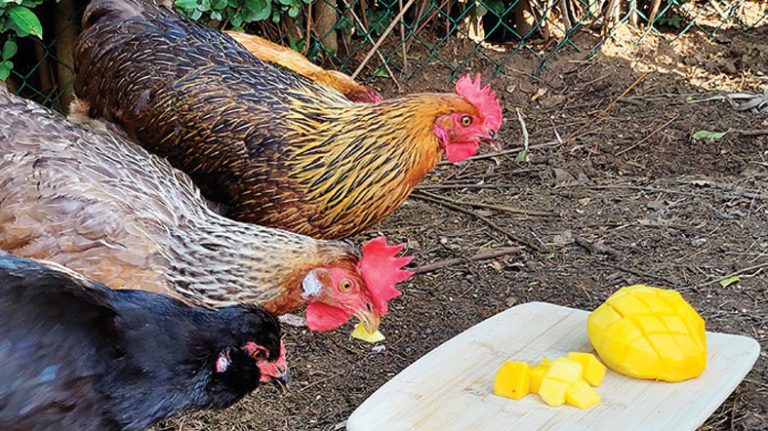
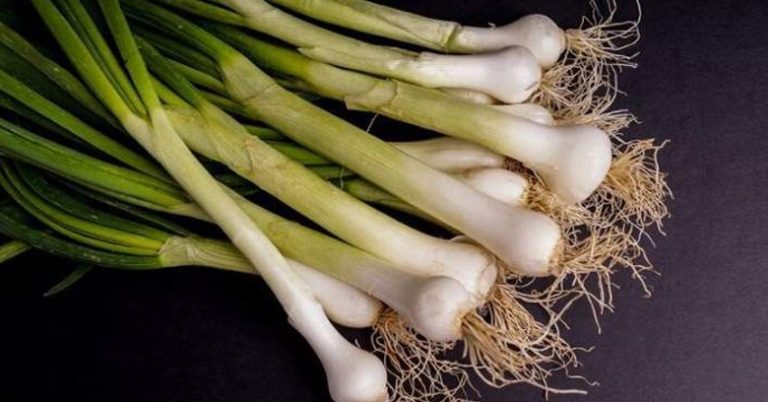
![Can Bunnies Have Raspberries [Answered & Explained]](https://gardensuggest.com/wp-content/uploads/2023/08/can-bunnies-have-raspberries-768x513.jpg)
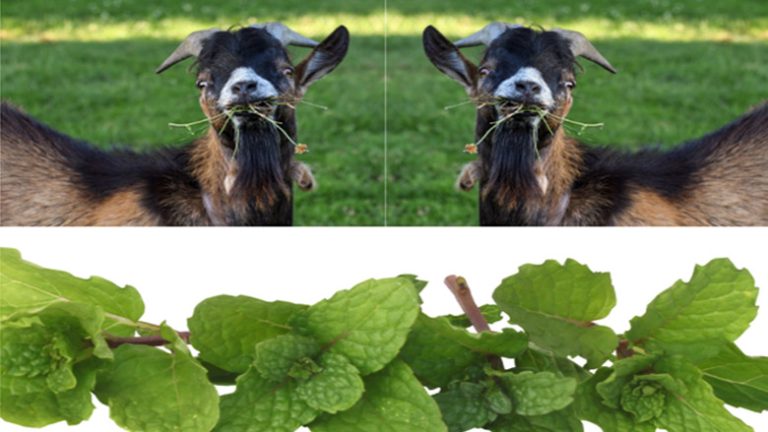
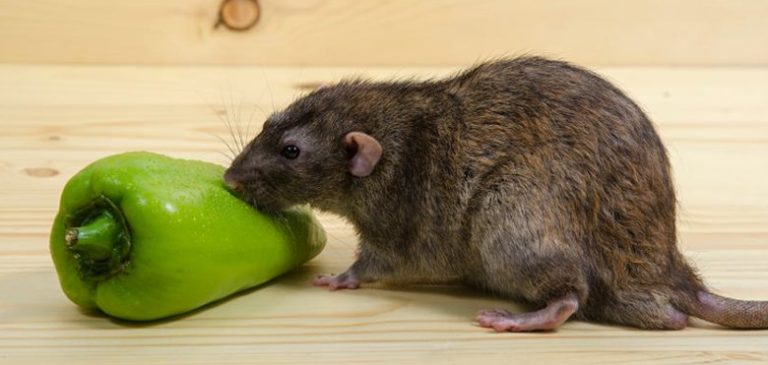
![[Explained] Can Ducks Eat Banana Peels?](https://gardensuggest.com/wp-content/uploads/2023/07/Can-duck-eat-banana-1-768x432.jpg)